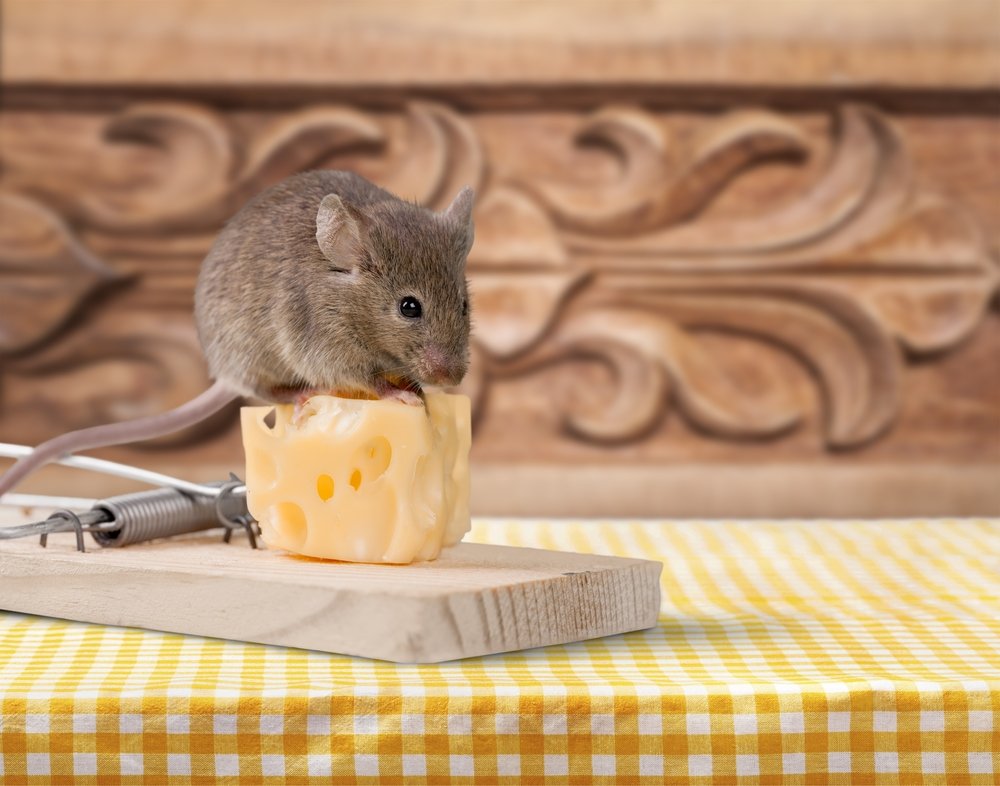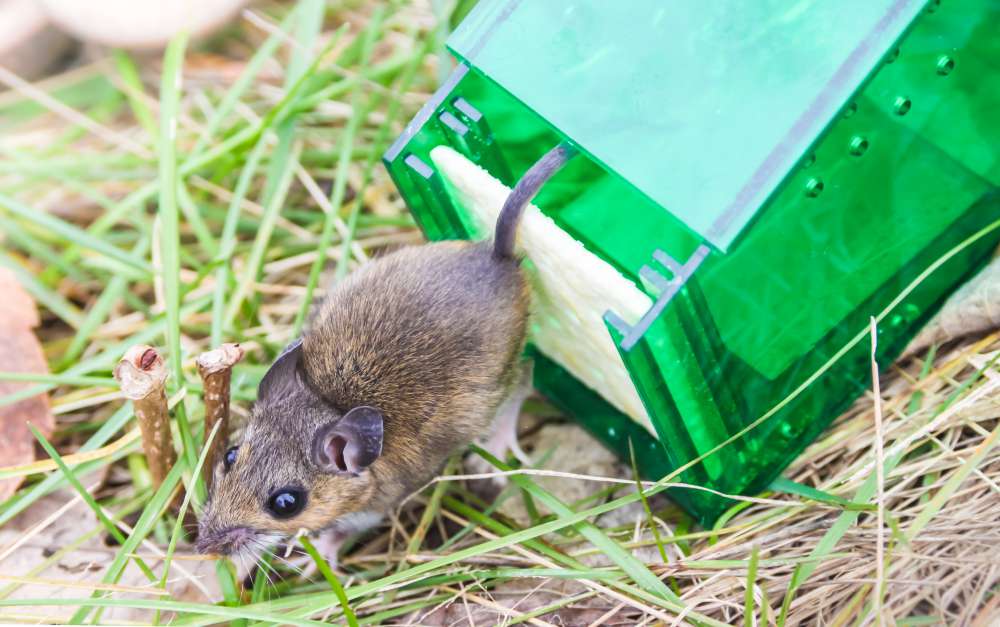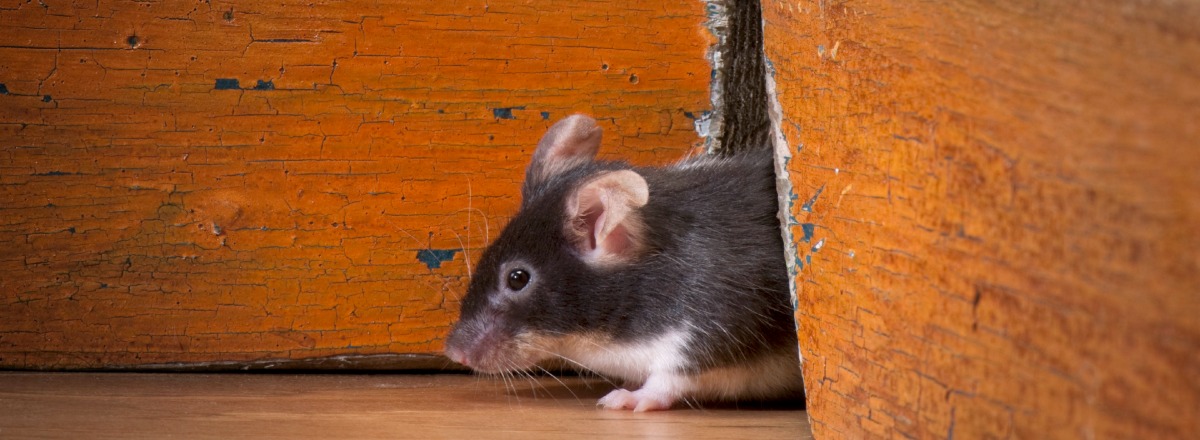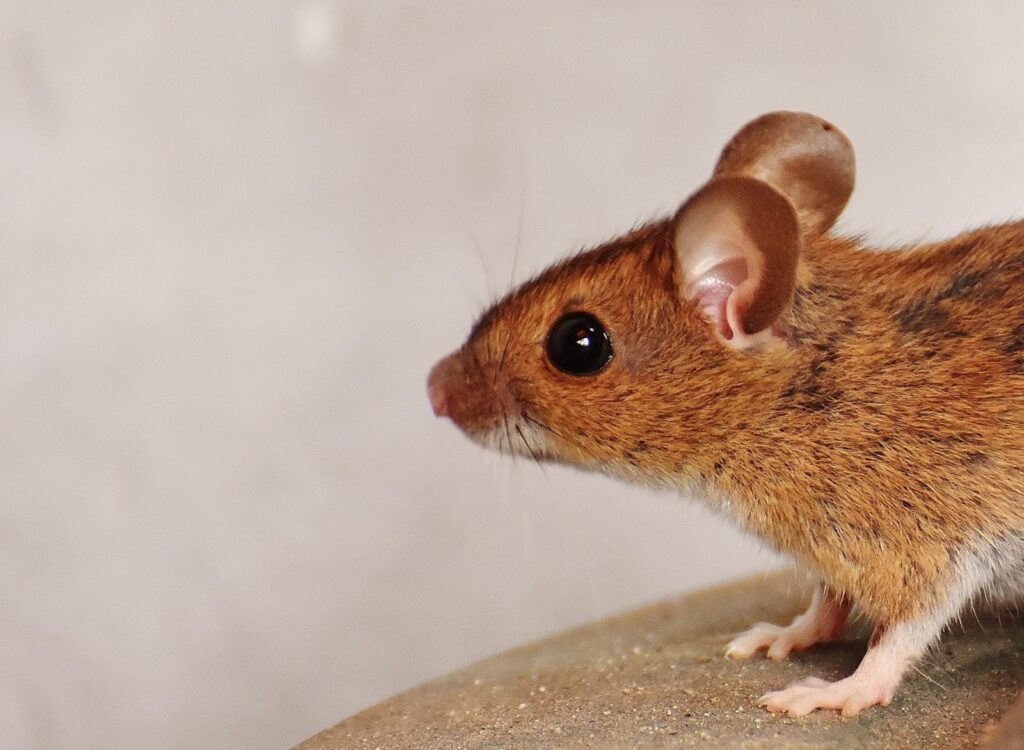Whether you find mice to be cute or terrifying, one thing remains the same: neither they nor their rat cousins belong in your home. Rodents can carry germs, make a mess, and cause costly damage.
Fortunately, there are ways to keep rodents out of your home and catch those who sneak in quickly and effectively. Here are tips for keeping the mice at bay.
Set up Multiple Traps
For every mouse you see in the house, there are likely a few of its friends hiding somewhere. Many homeowners make the mistake of setting up one or two traps when they should be scattered around the home.

One organic lesson to keep in mind is to block your human scent when setting up traps. Wear latex gloves and avoid touching the traps with your skin. This will make rodents feel more comfortable, as they’ll detect only the scent of the bait and not the underlying smell of a potential predator.
Airtight Garbage Storage
Proper garbage disposal goes a long way in preventing a rodent infestation, both in the house and outside. Rather than throwing bags of garbage on the back deck to await garbage day, store them in an airtight container. The same applies in the house– use a tall garbage can rather than an exposed, accessible bag.
It’s often leftover food items that attract rodents. If you have a community composting service, use it to your advantage. Store food waste in an airtight container in the freezer until disposal day. If you don’t have a compost service, create your own compost bin but avoid putting in meat scraps and bones.
Be Vigilant but Humane
Don’t hesitate to get rid of mice because they’re cute– they’ll cause you a lot of problems in the long run, and the longer you wait, the harder it will be to get rid of them. However, being proactive in pest control doesn’t mean that you can’t be humane or have to kill the creatures.

If keeping the rodents alive is important to you, look for live catch traps that allow for the critters to be released elsewhere. When you release them, make sure you go somewhere far from anyone’s home. Know that there’s a good chance that your rodent will become another animal’s dinner fairly quickly, but at least it’s supporting the natural order of things.
It’s also important to avoid using poison for multiple reasons. First and foremost, it’s a painful death. Secondly, there’s a good chance your mouse will die in the walls of your home, creating an impossible to clean stench. Finally, if you have pets, you risk poisoning your dog or cat who sees the mouse as a snack.
Limit Entry Points

Inspect your home for any broken screens or gaps beneath the doorway. The same applies to cracks around ground-level windows or crawl spaces that could serve as an entry point for rodents. If you have any open pipes (a dryer vent, for example) add a screened cap over them to prevent entry.
If you have a wood stove, it’s important to keep your woodpile away from the house as this serves as a form of shelter for rodents in the colder months. Rodents ultimately enter the home because they are looking for food and shelter to survive. The closer they are to your house, the more likely they are to end up inside. It’s also important to consider other pests when you have a wood pile; carpenter ants can be devastating to a home and are attracted to large quantities of wood.
It’s important to deal with rodent problems immediately, should they arise. Rodents can chew wires and cause electrical fires. They are also quick to reproduce, exacerbating the problem quickly. Being proactive and focusing on prevention is the best way to reduce the risk of a rodent infestation.






